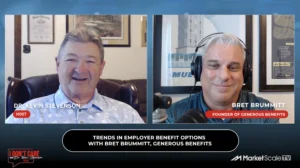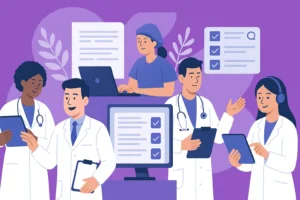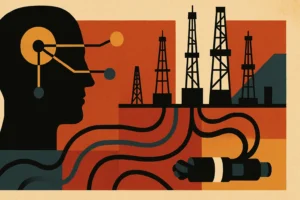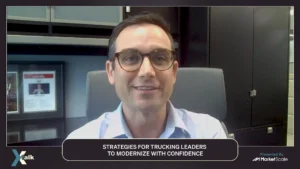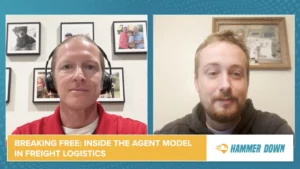Germany’s Ultra-Cheap Train Ticket Saved 1.8 Million Tons of CO2
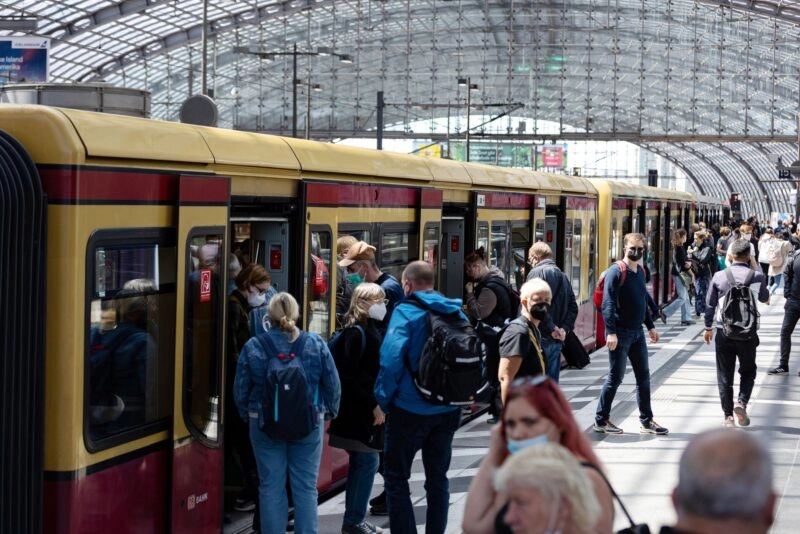
(Bloomberg) — Germany’s three-month experiment with super-cheap public transport reduced carbon dioxide emissions equivalent to powering about 350,000 homes for a year.
The 9-euro ($9) monthly ticket, which allows nationwide travel on regional trains, subways, trams, and buses, prevented 1.8 million tons of CO2 because commuters didn’t use their cars as much, according to the VDV public-transport lobby.
The ticket, which took effect in June and runs out at the end of this month, is meant to help soften the blow from inflation in Europe’s biggest economy amid a surge in energy and fuel prices sparked by the war in Ukraine. While there are concerns over financing the ticket and strains on the transport network, several German politicians want the subsidy extended in some form.
“We must find a convincing follow-up solution for a nationwide local transport ticket to continue to relieve the citizens who depend on it in times of rising prices and costs,” Petra Berg, environment and mobility minister in the western state of Saarland, said in a statement.
Some 52 million of the tickets have been sold, with one in ten buyers ditching at least one of their daily auto trips, the VDV said. The group cited the results of a government-commissioned survey of 78,000 people it conducted with Deutsche Bahn AG and polling institutes Forsa and RC Research.
Despite the positive fallout from the 9-euro ticket, Germany’s transport sector has been blamed for falling short of environmental targets by some 3 million tons of CO2 last year, adding pressure on the government to find more ways to trim emissions.
One hotly contested step would be to impose a speed limit on the Autobahn, but Transport Minister Volker Wissing reaffirmed the ruling coalition’s rejection of the move, even as the country suffers an energy squeeze. In an interview with Bloomberg TV on Monday, he said the step would be socially divisive at a time when Germany needs solidarity.
More stories like this are available on bloomberg.com
©2022 Bloomberg L.P.



